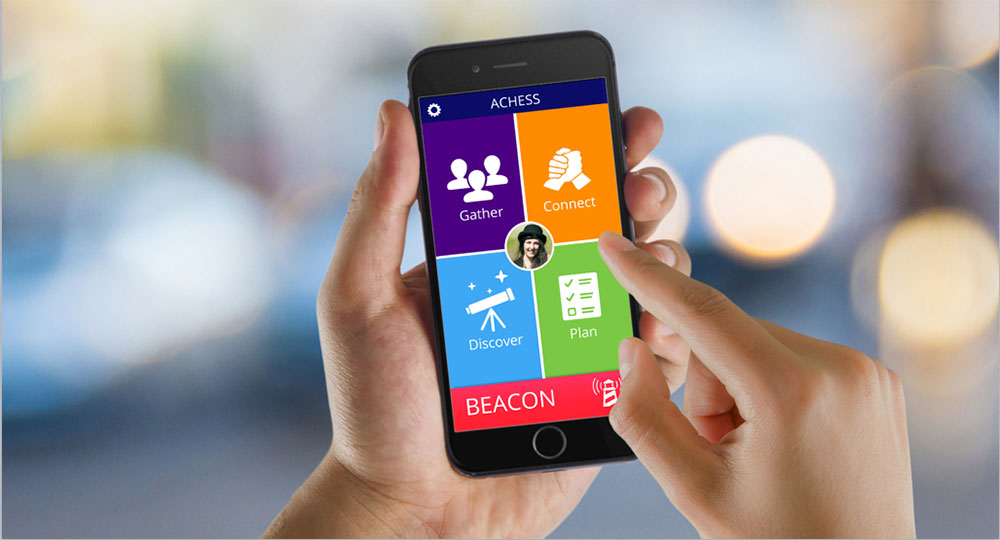alcohol dependence and had completed residential treatment, which is an intensive rehabilitation and recovery program.
The pilot test focused on individuals dealing with a substance use disorder-related to drugs, and A-CHESS was modified to include more information on drug abuse in certain sections of the app including its newsfeed and recovery information. Participants in the pilot study were mostly young males. Fifty-two percent of the participants were between 18 and 24; 24 percent were between 25 and 34, and 24 percent were 35 and older.
Before the study participants were asked whether they would be interested in using a recovery support app, and if so, how would they use it?
There were several interesting findings and differences between the pilot program and the clinical trial. Firstly, participants in the pilot program utilized the discussion forum a lot more than the clinical trial group. Researchers also saw a rapid decline in their use of the app over the course of the study. One reason for the decline, researchers believed, was the fact that participants were required to use two phones — their personal cell phones and another cell phone with A-CHESS. “It’s possible that once the novelty wore off, they were less likely to carry two phones, reducing their immediate access to the A-CHESS phone,” they stated. The final difference, worth noting was the fact that the participants from the drug court were more likely to use the app for its tools to increase competence rather than motivation, which is the opposite of what was seen in the clinical trial comprised of people with alcohol dependence.
Some of the social features of A-CHESS proved valuable during the pilot program. One incident of domestic violence and another regarding a drug overdose were both “resolved with the aid of A-CHESS communication tools,” researchers wrote.
“It appears that the answer to the study question is yes, drug court participants will use a recovery support app,” researchers wrote. “How their use of such a tool may differ from that of non-offenders or people who are not involved in a drug court and the effectiveness of such tools in reducing drug use deserves additional study.”
CHESS Mobile Health, Inc. plans to launch a “significant update” to A-CHESS in the first quarter of 2017, which will include a mobile tool for counselors and clinicians to receive push notifications and data directly from the mobile app rather than desktop software. “It’s their clinician dashboard in the pocket,” Organisciak said.
The company is also planning to launch a new app for parents, which is currently in beta and is tentatively named Adhara (a Sanskrit word that means “to accompany”). According to Wilkins, Adhara will allow parents to connect with other parents and educate themselves on key topics related to substance use disorder such as using naloxone, and where to find treatment for their kids.
“I think that the importance of this is that we maximize everything that works in terms of education and social connectedness and people feeling autonomously motivated to really engage recovery,” Wilkins said.
















